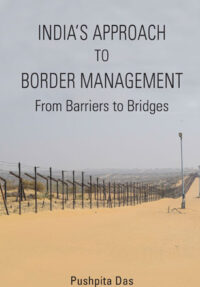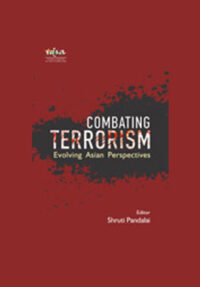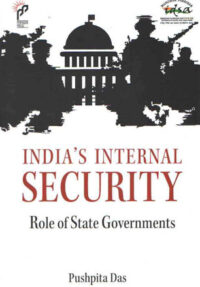Growing Fundamentalism in the Northeast
The disturbing reports about the presence of jihadi forces in India's northeast have added a new twist to the region's multiple insurgencies. Combined with the recent arrest in Delhi of three alleged Lashkar-e-Toiba (LeT) operatives hailing from Manipur once again indicates how vulnerable the northeast region is to the jihadi menace.
- M. Amarjeet Singh
- February 19, 2007









